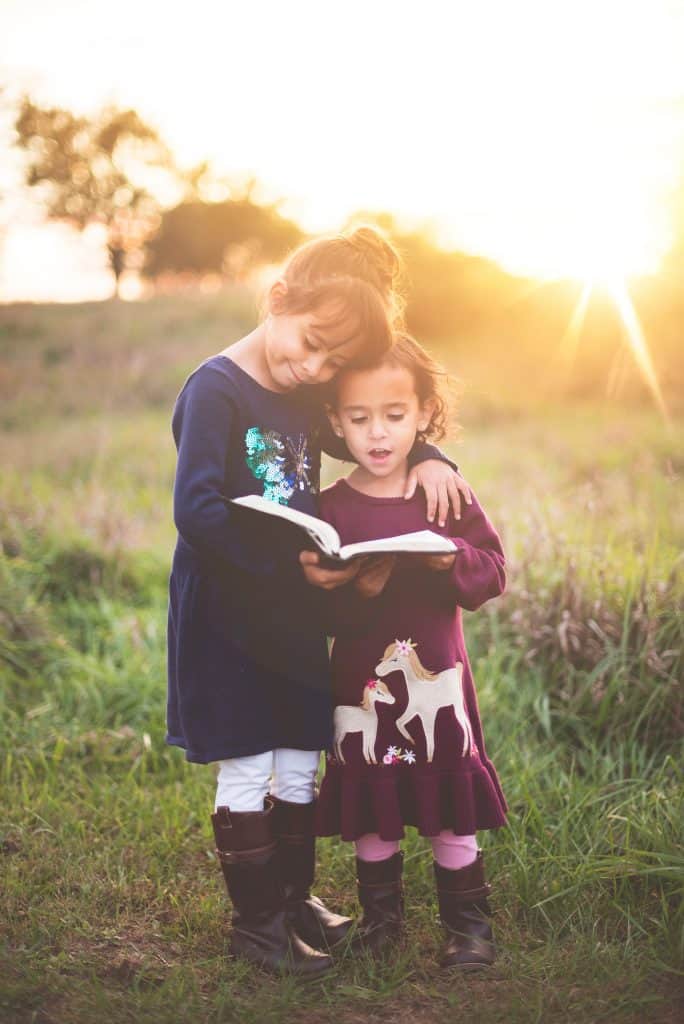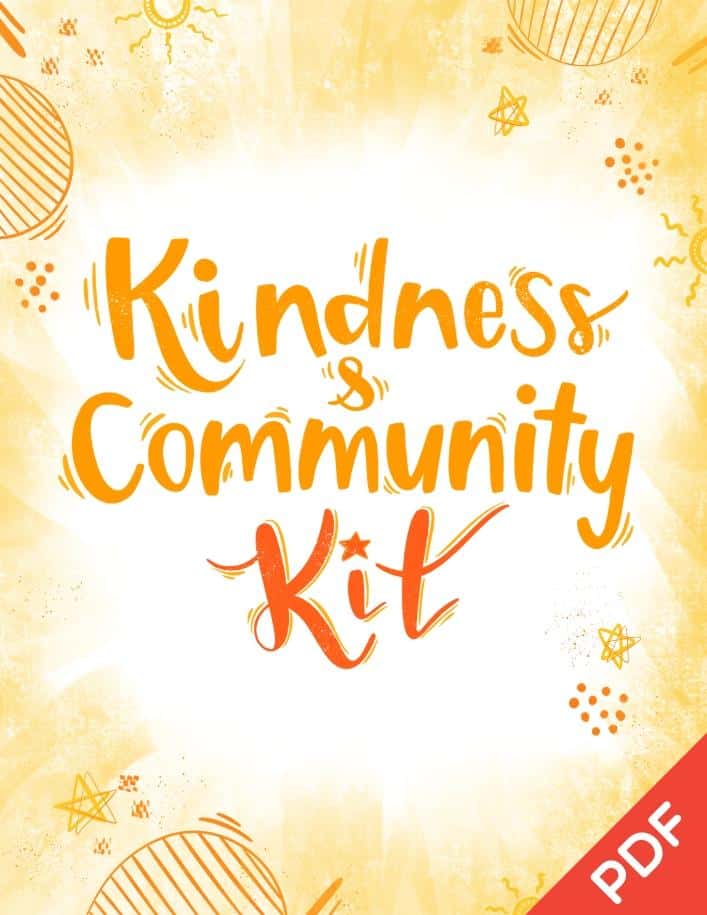Sneak peek: Many parents ask: Is compassion natural or learned? Humans have a natural tendency towards compassion but we must foster it for it to develop in our children.
With the tense atmosphere that has surrounded our culture lately, I’m thinking about compassion today. As parents, most of us want to instill an understanding of compassion and kindness towards others in our children. It raises the question, however, is compassion natural or innate? What research tells us is that we humans do have a tendency toward caring but it has to be fostered and practiced.

Is Kindness and Compassion Innate?
New research is pointing more and more to the idea that some degree of compassion and kindness is innate in humans. The “catch” is, however, that keeping that attitude of compassion requires practice. A lack of practice of compassion is the reason many children move towards selfishness as they near the grade-school years.
Related reading: In a Divisive World, Raising an Emotionally Intelligent Kid is a Powerful Act
You may have seen videos of those classic psychological studies done with infants to study the question of whether compassion is natural or learned. Infants are shown a scenario in which a puppet tries to go up a tall hill. In one situation, another “kind” puppet helps the other character up the hill. In a different scenario, an “unkind” puppet does not help the other character or may even try to discourage him from going up the hill. Later, infants are given a choice to view either the “kind” puppet or the “unkind” puppet. Astonishingly, over 80% of infants choose the “kind” puppet. These types of studies have been done numerous times with infants as young as 3 months old. The results are always pretty much the same.
Take a look:
It seems that we humans gravitate towards compassion. Not only that, but those of us who have young children know that a child’s immediate reaction upon hearing another child cry or fall down is to try to help them. We see this all the time. This is at least some evidence of a natural tendency towards prosocial, caring behavior.
Related reading: Gifts that Promote Child Development: Social-Emotional Skills
Why Compassionate Kids Change
But wait a few years when that same child is in elementary school, and you may see him/her tease another child or intentionally hit another. What happens from infancy to elementary school? Do our children become “marred” by exposure to society? Well, we do not know exactly, but research does indicate that children do seem to shift from an attitude of innate compassion to more selfishness around age 5.
Is Compassion Natural or Learned?
Perhaps what is more interesting, however, is that there seem to be strategies that help children avoid much of this shift to selfishness. Some programs have been implemented in preschools to help children focus on kindness and see its benefits. When children are part of these programs, the shift toward selfishness seems to be thwarted, at least for a while. There are not many long-term studies of these programs yet, but it does seem to encourage kindness at the beginning of elementary school.

Among children, helping them see the benefits of kindness and reinforcing it is very intentional in these programs.
You may also enjoy: Social-Emotional Development: A Parent’s Guide
As we grow, however, we begin to learn that kindness really brings its own positive reinforcement. We all know that acts of kindness make us feel good about ourselves. New research confirms that compassionate acts do, in fact, spark brain circuits that promote good feelings and pleasure.
Ultimately, children who feel better about themselves and others will go on to be more well-adjusted adults and citizens. Promoting compassion in the classroom not only makes for a better moral atmosphere but also helps children do well academically too. We know from studies of other programs that social-emotional learning is just as important as academic learning.
No act of kindness, no matter how small, is ever wasted. –Aesop



Leave a Reply